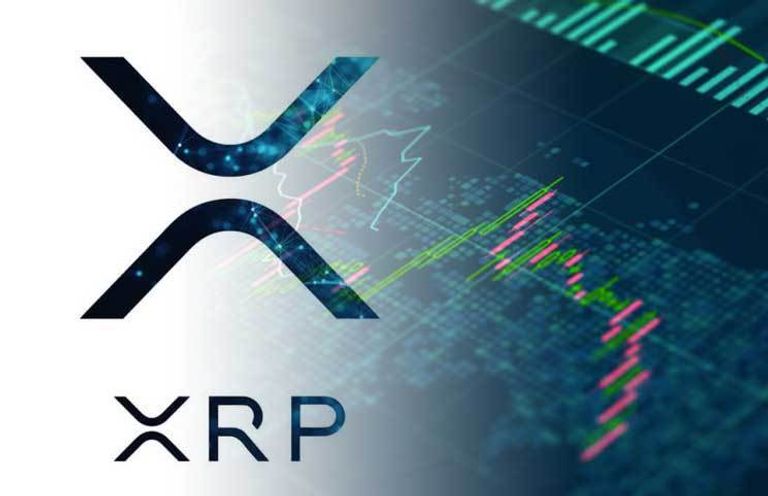Table of Contents
BTC regulation could win in Russia
As reported in the last regulatory ECHO, Russia’s Ministry of Finance and the Russian Central Bank have different ideas about crypto regulation. While the central bank advocates a general ban, the ministry recommends a more sensitive course. According to a report by the Russian newspaper comersant Higher levels of government seem to agree with the Treasury Department’s proposal. For BTC and Co. regulations could then apply in Russia, as for other investment products. However, the proposed regulations are strict. Russia’s Finance Minister Anton Siluanov formulated them in a letter to Russia’s Prime Minister Mikhail Mishustin. Accordingly, banks should receive crypto trading licenses and act as the only trading platforms. Any crypto services outside of state licensing, on the other hand, should be prosecuted. Crypto taxes are also planned. According to the Ministry of Finance, mining should also retain its legal status. On the other hand, all parties involved rule out the possibility that BTC or another cryptocurrency will appear as an official means of payment in Russia. By February 11, the government wants to formulate and assess various crypto regulation scenarios.
India: No BTC ban after all?
India’s hodlers can breathe easy. In recent months there has been concern that the government in New Delhi wants to ban cryptocurrencies. But a Feb. 1 budget session of India’s parliament revealed a different tack on BTC regulation. Indian Finance Minister Nirmala Sitharaman argued for a 30 percent levy on crypto transactions. Observers read Sitharaman’s proposal as the first step towards official crypto legalization. Meanwhile, the tax rate is unusually high by Indian standards. It is also noteworthy that the proposed tax is not aimed at profits, but at any transaction. It is therefore intended to deter investors. Nonetheless, trading volumes of Indian crypto exchanges increased by double digits overnight. The WazirX trading platform saw an increase of 56 percent.
At the same time, India’s Ministry of Finance announced the introduction of its own CBDC. The digital rupee is expected to be in the starting blocks by 2023.
US court case could clarify taxation of staking
Joshua and Jessica Jarett vs. IRS. The Jarretts operate a node for the Tezos (XTZ) network. So, by staking their XTZs, they participate in the validation process of the network. Similar to BTC mining, they receive a share of the newly generated XTZ as a reward. When the Treasury imposed a tax on the tokens generated through staking, the couple filed a lawsuit. Her demands: a tax refund of US$3,293 and US$500 in compensation. The case is particularly interesting because it deals with the question of whether staking rewards are to be regarded as profits made or as property produced. The latter would only be taxable upon sale. On Thursday (February 3rd) announced Joshua Jarett that the IRS had submitted an arbitration proposal to him. However, he refused because without a court decision, the tax status of staking rewards remains in limbo.
Japan plans to relax coin listing
Strict rules have applied to BTC exchanges in Japan for a long time. Because if you wanted to add a new coin to your trading platform, you had to go through a six-month screening process. Changes are in the offing here. The listing process should be simplified, especially for established coins. That would be a boon, especially for new crypto exchanges. If only they could add several coins to their range at once. Coinbase, which only recently entered the Japanese market, only offers 5 cryptocurrencies there. In the USA, on the other hand, there are over 100. A final decision on the rule change is still pending.
El Salvador responds to the IMF
The International Monetary Fund (IMF) is not part of the fan club of El Salvador’s BTC plans. The IMF issued a statement in which it called on the Central American state to change its own currency plans. El Salvador’s finance minister didn’t let it sit. In the course of a television interview on January 31, Alejandro Zelaya gave the IMF a clear rejection. BTC will be retained as the official means of payment. In view of the volatility of the key cryptocurrency, the IMF has doubts about El Salvador’s solvency. But here, too, Zelaya replied that the IMF should enable the automatic exchange of BTC for US dollars. This would increase popular confidence in BTC. Zelaya further promised that his country would comply with all international payment obligations. Meanwhile, negotiations between El Salvador and the IMF for a loan of 1.3 billion US dollars have been going on for months.
Ledger Nano X Review and Where to Buy Nano X (2022)
- Trump’s inauguration is approaching, but crypto promises may take a while - January 14, 2025
- Fidelity: 2025 will be the year of global Bitcoin adoption - January 14, 2025
- Ethereum: Inflation continues, but bulls continue to target $20,000 - January 14, 2025
























